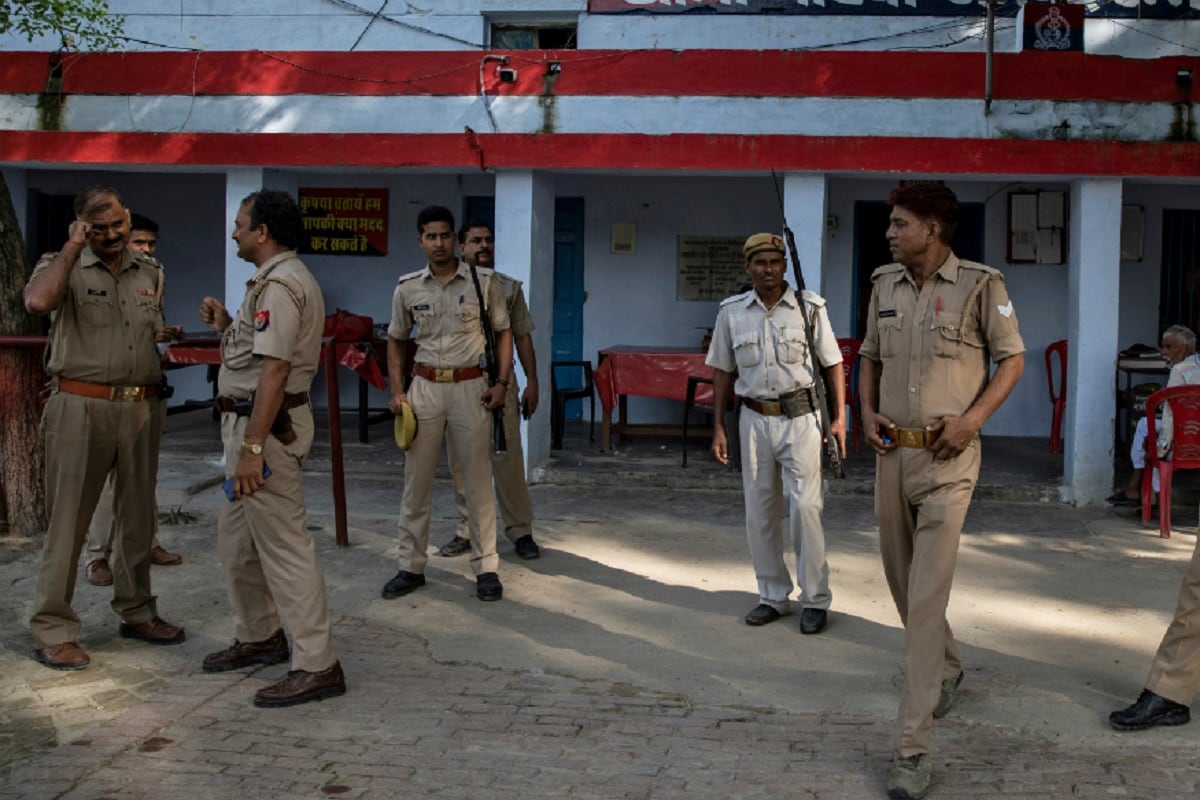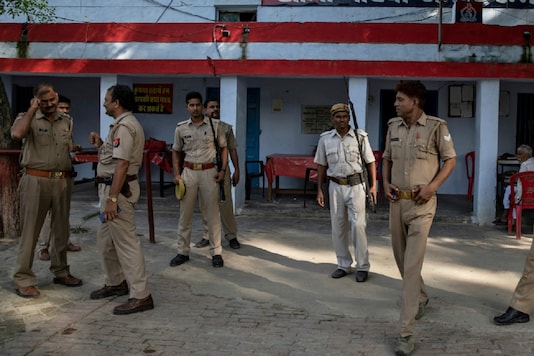

(Representative image: Reuters)
On Saturday, the Governor of Uttar Pradesh, Anandiben Patel, gave his consent to an ordinance against forced or fraudulent religious conversions that provides for prison terms of up to 10 years and a maximum fine of 50,000 rupees in different categories.
- PTI New Delhi
- Last update: November 29, 2020 1:24 PM IST
- FOLLOW US:
Uttar Pradesh has registered its first case under the new anti-conversion law in Bareilly district based on a complaint from the father of a young woman. The case was registered at the Devarniyan police station in the Bareilly district on Saturday, authorities said.
In a statement issued here on Sunday, Additional Chief Secretary (Home) Awanish Awasthi said a case was registered by Tikaram, a resident of Sharif Nagar village under the Devarniyan Police Station (in Bareilly), who charged a man, Uvaish Ahmed, from the same village trying to convert his daughter through “charm”. The case was registered against Uvaish Ahmed under the IPC and the new anti-conversion law.
On Saturday, the Governor of Uttar Pradesh, Anandiben Patel, gave his consent to an ordinance against forced or fraudulent religious conversions that provides for prison terms of up to 10 years and a maximum fine of 50,000 rupees in different categories.
The enactment of the Uttar Pradesh Illegal Conversion of Religion Prohibition Ordinance, 2020, came four days after the Yogi Adityanath government passed draft legislation that also curbs religious conversions just for the sake of marriage.
Under the law that deals with the different categories of crimes, a marriage will be declared “null and void” if the conversion of a woman is solely for that purpose, and those who wish to change their religion after marriage must submit an application. before the district judge. The ordinance provides primarily that no person shall convert, either directly or indirectly from one religion to another through the use or practice of misrepresentation, force, undue influence, coercion, seduction or by any fraudulent means or by marriage, nor any person inciting , convince or conspire such a conversion.
.